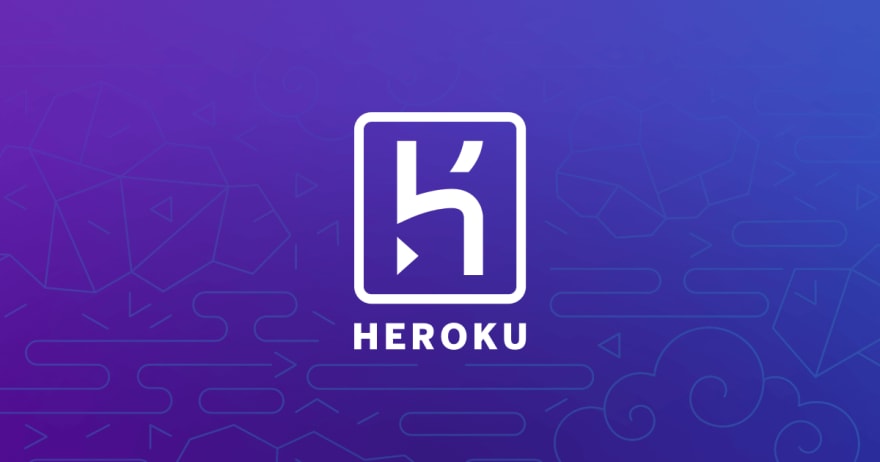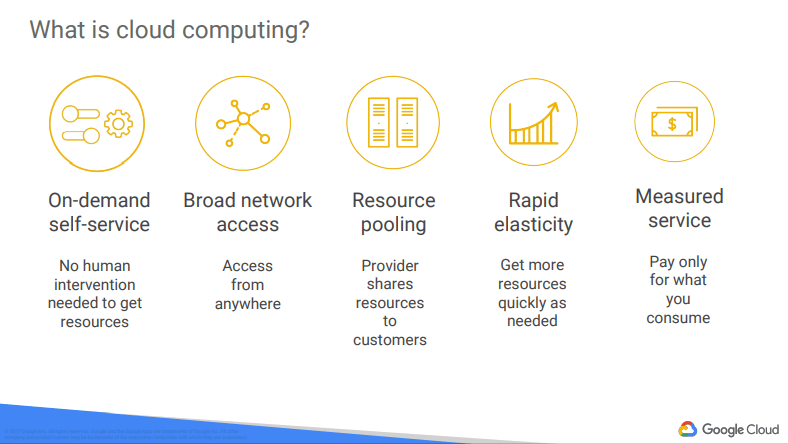Before cloud computing :
What happened in the deployment phase .
- Buy a stack of servers or we could do it on our computer .
- Keeping the peak traffic in mind, buy more servers .
- Monitoring our infrastructure 24/7 .
Disadvantages of on-site architecture :
- This setup is expensive .
- Troubleshooting problems can be tedious and may conflict with your business goals .
- The main disadvantage is suppose we have to keep a peak traffic and bases upon that we need to configure our hardware and our system should be up and running 24/7 . But when we monitor our application we get to know that our resources are not optimized in the night which is loss of money .
What is cloud computing :
- It is the set of remote servers on the internet to store , manage, and process data rather than a local server .
Cloud Model :
Service Model :
- Iass (infrastructure as a service) :
- You have the complete access of the infrastructure .
- Provides virtualized computing resources over the internet .
- No worries about the underling physical machine .
Pass :
You have a platform where you can deploy your applications and you don't have the access .

Sass :
Deployment Model :
- There are three different ways to deploy cloud services: on a public cloud, private cloud or hybrid cloud. Which deployment method depends on your business needs.
There are mainly three types deployment model :
- Public cloud
- Private cloud
- Hybrid cloud
- Multi cloud
Public cloud :
This is the most common type of deployment model where the cloud resources like servers and the storage are completely stores on a third party cloud provider and delivers over the network .
Features :
- Lower costs : Because they run on a pay as you go model .
- No maintenance : The cloud provider manages and checks the status of the server .
- Highly available : Access any time and anywhere with zero downtime .
Private cloud :
- This type of model is used by business or organizations which do some confidential work and they want their data to be compromised.
- Resources (like servers and storage) are stored on a on-site datacenter .
- If it is stored on a third party cloud provider then it is stored on a private network .
Features :
- More flexible : organization can customise according to their need .
- More secure : Because it is inside a private network .
Hybrid cloud :
It is the combination of public and private cloud which allow our application to move between public and private cloud .
The hybrid cloud is evolving to include edge workloads as well. Edge computing brings the computing power of the cloud to IoT devices closer to where the data resides. By moving workloads to the edge, devices spend less time communicating with the cloud, reducing latency and they are even able to operate reliably in extended offline periods.
A hybrid cloud platform gives organizations many advantages—such as greater flexibility, more deployment options, security, compliance and getting more value from their existing infrastructure.
Features :
- Control : Organization can maintain a private cloud to store it's sensitive data .
- Flexibility : You can take additional resources from the public cloud when you needed .
- Cost effective : With the ability you get to scale to public cloud you can maintain a pay as you go model .
Multi Cloud :
- As like we have replicas running of the software same way we can configure multiple cloud providers to run the application .
- As the name suggest you can configure multiple cloud providers to run the application .
- You can check the availability zones and the regions provided by cloud providers .
- If you want to setup a edge server in multiple counties then go ahead with which cloud has the maximum reach in that country .
Features :
Avoid Single point of failure :
Running multiple replicas in multiple instances in multiple regions in multiple cloud providers of your application can save you from single point of failure .High performance :
Planning to set up edge servers then go ahead with multi cloud .










Top comments (0)